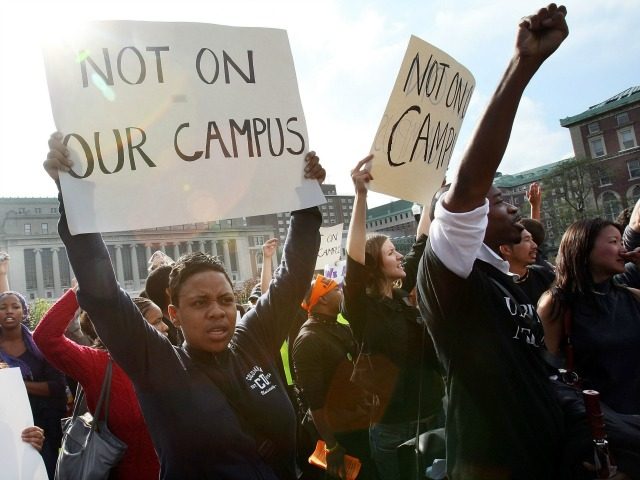The University of Connecticut (UConn) recently announced that its School of Social Work department has received funding for two new fellowships, which will be allocated towards a course called “Managing Microaggressions in the Classroom Using Dialogue” and another called “Student Led Circles of Justice.”
“I am so pleased to have two teams from the [School of Social Work] awarded this university wide fellowship,” said UConn Dean Nina Heller. “Both projects highlight our strengths as a profession and a school.”
The Thomas J. Dodd Research Center has decided to participate in UConn’s fellowship program “Initiative on Campus Dialogues” (ICD) by granting it five fellowships, according to the university’s website, which noted that the School of Social Work (SSW) has been granted funding for two of the five awarded fellowships.
“The 2019-2020 year focuses on creating dialogue in the classroom,” says the university.
One of the two courses, entitled, “Managing Microaggressions in the Classroom Using Dialogue,” will be led by Milagros Marrero-Johnson and Ann Marie Garran, and piloted “with some faculty and conducting research in this area.”
The term “microaggression” refers to any instance in which an individual unknowingly or unintentionally offends somebody belonging to a group that left-wing activists consider downtrodden or “marginalized” in America.
Universities across the country already host courses and seminars addressing the so-called issue, as well as implement strategies to promote the concept of microaggressions, inculcating students considered to be non-marginalized with the notion that they are unknowingly being racist, while instilling marginalized students with the idea that they are continuously being subjected to racist acts.
The second course, entitled, “Student Led Circles of Justice,” will be led by Lisa Werkmeister Rozas, Margaret Lloyd, Rupal Parekh, and Kim Campbell, and will “work with eight student leaders to address issues related to environmental justice and to engage faculty, staff and students to develop awareness and skills in the pedagogical benefits of dialogue.”
There are not yet any additional details regarding the projects on the site, but the university maintains that its fellowship teams “engage in a year-long, shared-learning process, develop projects that apply dialogue and deliberation to specific content areas and curricular settings, and make use of, and potentially contribute to, current research-in-practice.”
You can follow Alana Mastrangelo on Twitter at @ARmastrangelo and on Instagram.

COMMENTS
Please let us know if you're having issues with commenting.